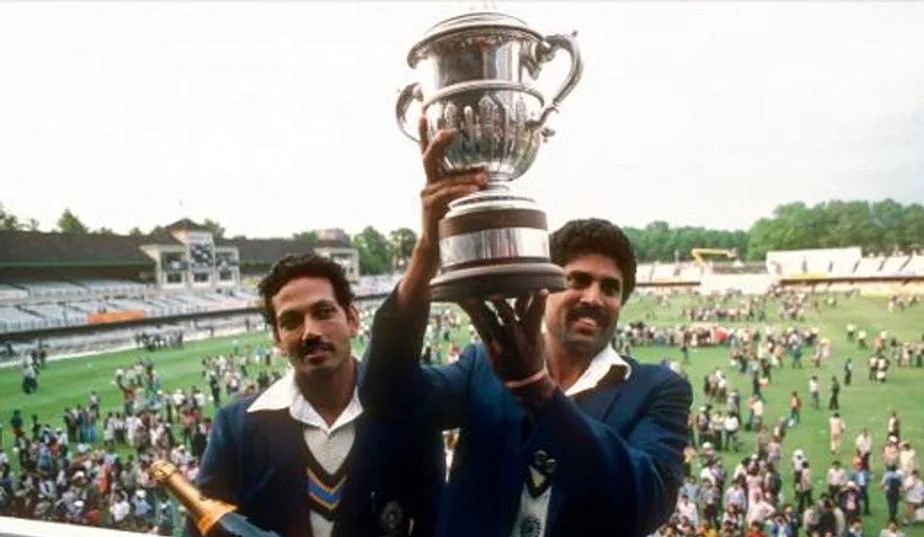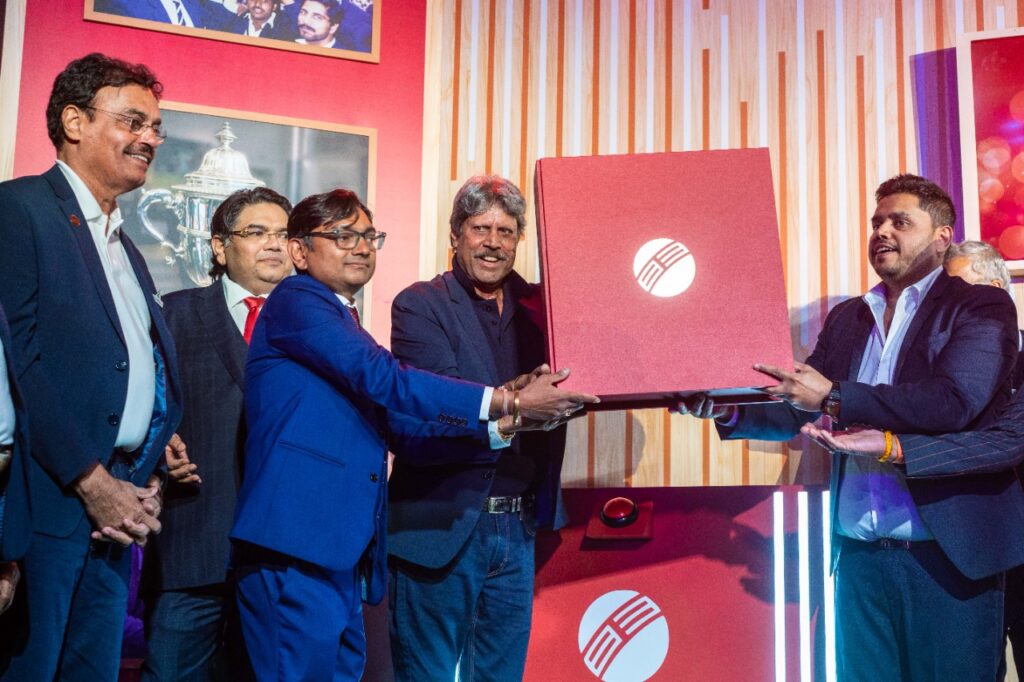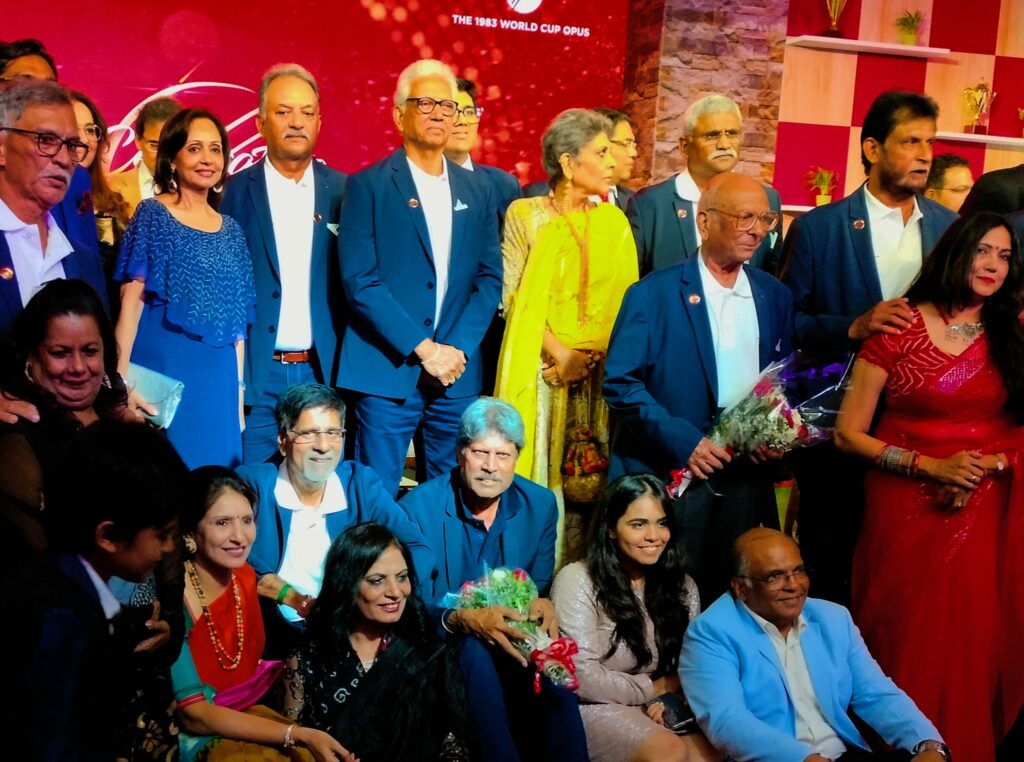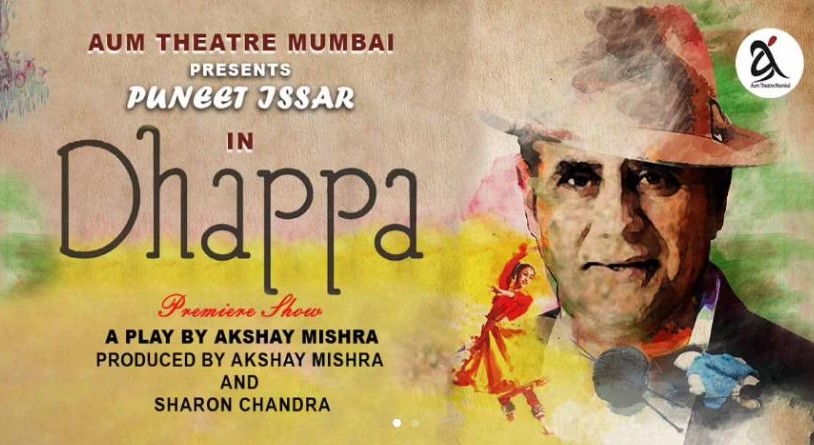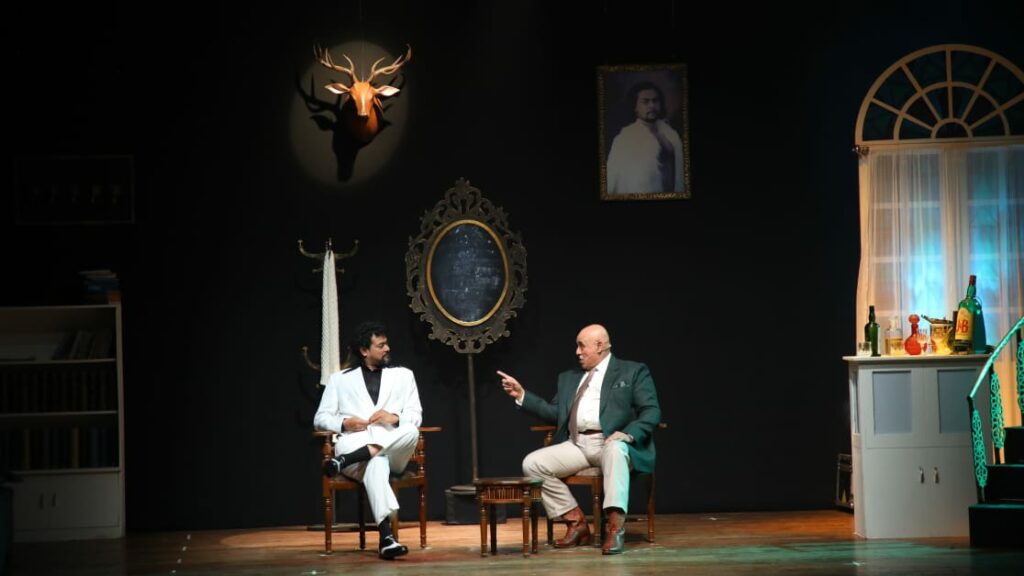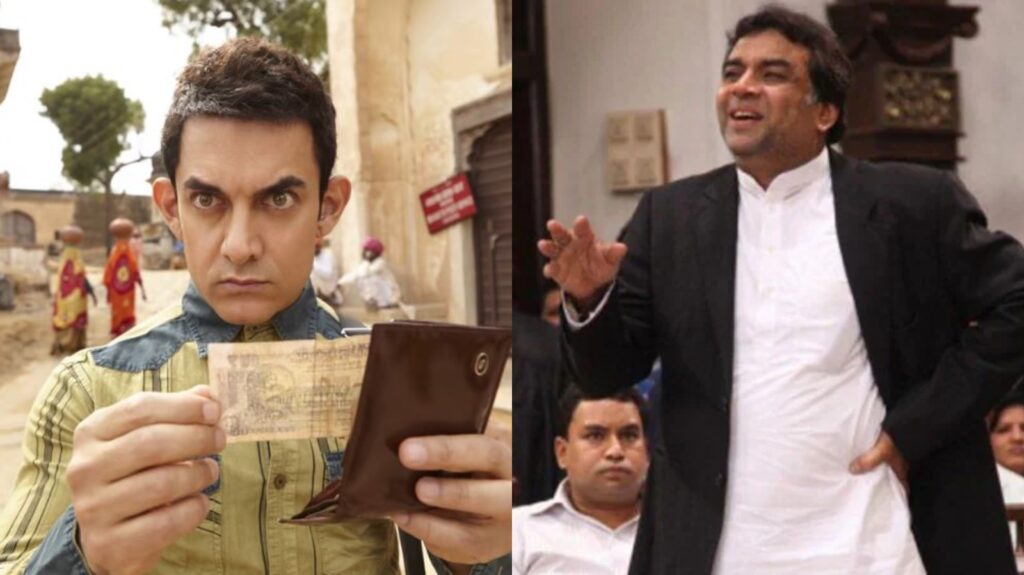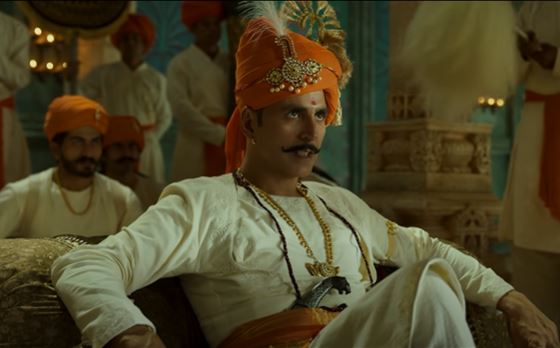The 1983 cricket World Cup-winning team had another reunion last evening in Mumbai at the launch of the coffee table book titled The 1983 World Cup Opus, facilitated by Paymentz.
The event saw the presence of Kapil Dev, Mohinder Amarnath, Kirti Azad, Roger Binny, Syed Kirmani, Madan Lal, Sandeep Patil, Balwinder Singh Sandhu, Krishnamachari Srikkanth, Dilip Vengsarkar, Sunil Valson and the then team Manager PR Man Singh. Ravi Shastri and Sunil Gavaskar, who were also a part of the team, joined the event virtually.
The event saw the 1983 team go down memory lane and recall interesting stories behind their triumph.
Much before the final of the world cup, India had beaten West Indies in their very first league match of the series. This was a huge hurdle to cross because before this match, the West Indies hadn’t lost a single match in the world cup from 1975 onwards when the series started.
Speaking about the victory, Amarnath said, “If you trust yourself and have the guts, you can do anything. We didn’t consider West Indies as a very big opponent. To be very honest, this was my way of thinking. [But] I am sure all 11 players on the field were also thinking this way that we are better than them. This is what made us the world champions. We clicked at the right time.”
The event was also attended by Anupam Harshad Vassa, the Founder and Chairman of Paymentz, and Amoolya Vassa, the Founder and Managing Director of the firm, along with other dignitaries from the same firm.
During the course of the discussion, it was recalled how defeating England in the semi-final was also an important landmark since India was not given a chance by many. “It was a crucial, crucial game,” said Ravi Shastri. “England were firm favourites, at least in their media. When you open the newspapers in the morning, it was only England. India was as if we are the outsiders and we have absolutely no chance.”
The final of the ’83 world cup changed with the wicket of the legendary Vivian Richards whose catch was taken spectacularly by Kapil Dev off the bowling of Madan Lal. The bowler revealed that this wasn’t the first time he got Richards out.
“I wanted to bowl that over. I would like to tell you that I had also got him out 2-3 times before in the Calcutta test match and in West Indies. Once the umpire gave him not out in my bowling in Sharjah when he was clean LBW,” said Lal.
Also read: He was selected in ’83 World Cup, but could play only in ’99
Not much is said about the 22 run last-wicket partnership which involved Sandhu, who scored 11 not out batting at number 11. Sandhu recalled that without that partnership, India’s score would have been much lower.
“Last wicket partnership is always very crucial,” said Binny. “If he (number 11 batsman) is not out, then how many runs are made (in the last-wicket partnership) are made by him because if he had gotten out, the runs wouldn’t have been made.”
India looked favourite to win the World Cup final after West Indies were 6 or 7 down. But Kapil Dev didn’t think that way.
When Harsha Bhogle, the host, asked him when during the match he felt that the World Cup is theirs, Dev said, “(After getting the) last wicket,” said Dev. “How Jimmy bowled and he got the LBW, I think it was just a different feeling. Before that, you do think that it was possible. But it’s not possible till the last wicket. I think that’s the most important thing.”
The ’83 team captain also said that it is only in recent years that the team is getting more recognition for the victory. “In last 10 years, I have felt it more. Now we are getting more respect and honour. It is something you can’t express in words. If you would have asked that day (after the final), I would have said that life is normal. We played the next series and we lost,” he said.
Filmmaker Kabir Khan, who made a film on India’s victory in that World Cup titled 83, was also present at the event.
Speaking about the event, Anupam Harshad Vassa said, “It was a no brainer and being cricket fans ourselves, we just grabbed the opportunity. The 1983 World Cup win put India on the world map. It was a proud moment for any Indian. Being a part of the ‘1983 World Cup Opus’ is an honor for Paymentz, and it is only the beginning of the company’s involvement in the sporting industry and recognition of cricket legends. Cricket is a religion in India and to be associated with the sporting giants, the first team who won the World Cup for India and gave us one of the most iconic sporting moments, is an honor for our company.”
